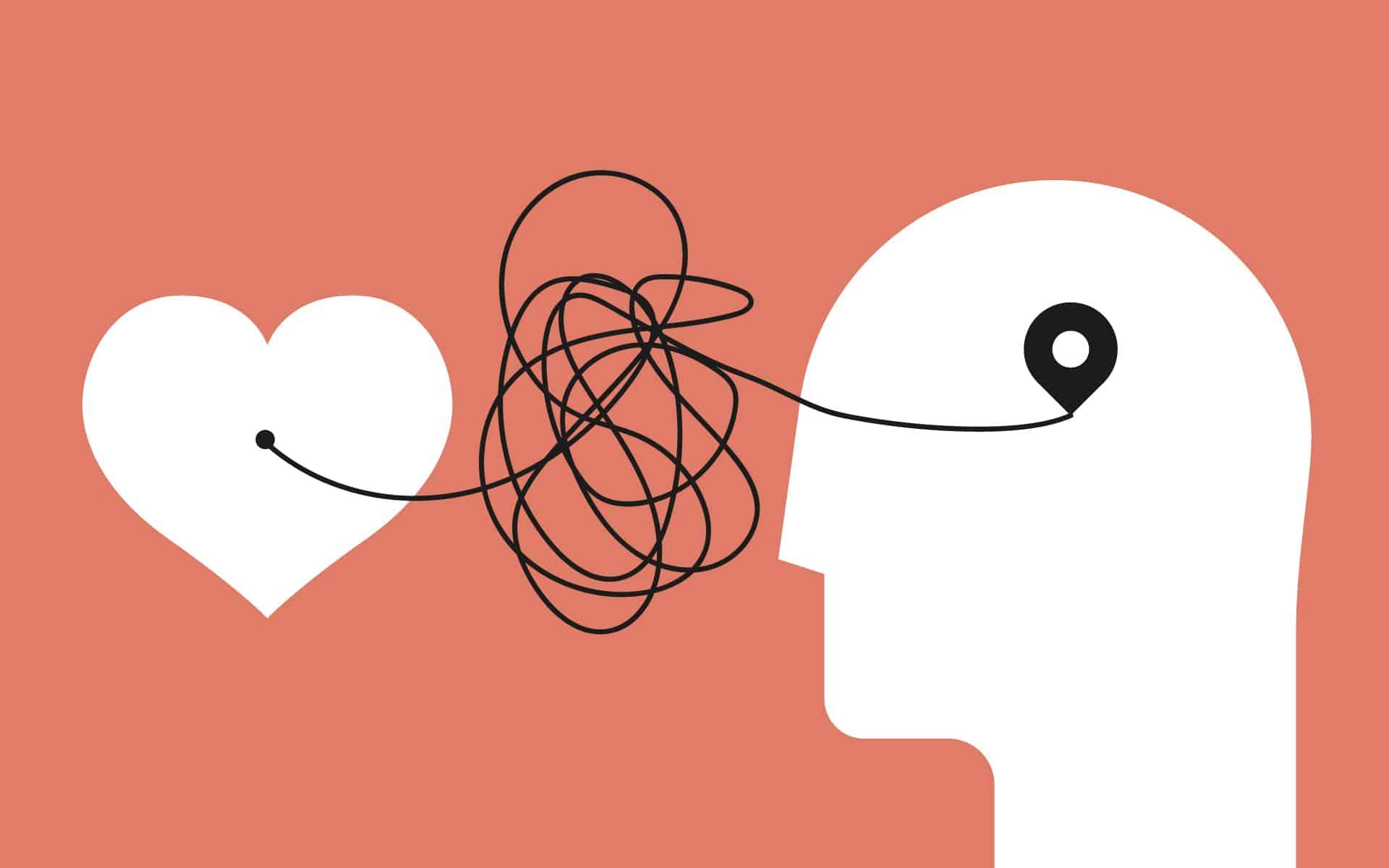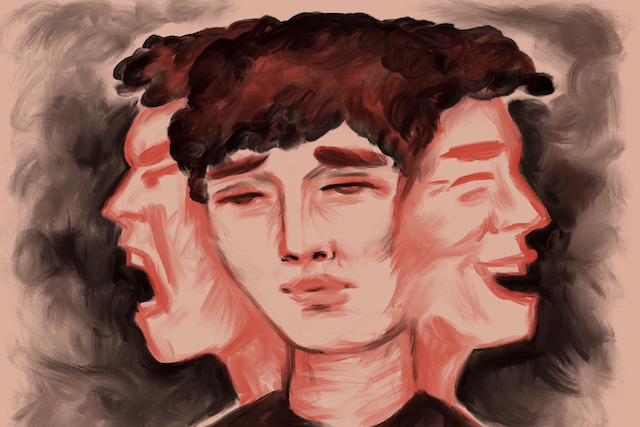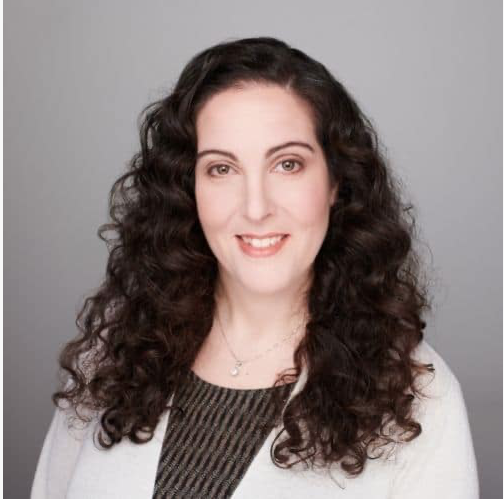Values to Live By: A Cardiologist on the Importance of Wisdom
Wisdom is something we all wish to possess, but how do we actually cultivate wise qualities (or know what those are)? In this second excerpt from Just One Heart, author and cardiologist Dr. Jonathan Fisher reveals powerful ways we...

I have cared for over 20,000 patients, each with a unique story of healing, loss, and hope. Mary’s story, in particular, is about wisdom, and she taught me more about the wisdom of the human heart than any of my medical texts.
When I met Mary, a lively woman in her early sixties, she had just been diagnosed with severe coronary artery blockages. “Every step is like climbing a mountain,” she said about her chest pain and shortness of breath. These blockages were causing her discomfort every time she walked, even a short distance. Given the extent of her heart condition, I knew her healing journey would not be easy, and we would encounter numerous challenges along the way.
However, what struck me about Mary was that she was not an ordinary patient. “I’ve lived a lot, Doctor. I know my body and trust its messages,” she confidently stated. She possessed a deep well of wisdom that she was not only ready to apply to her healing but also eager to share.
As we began her treatment, we faced both highs and lows, including episodes of severe and frightening chest pains, trials of various medications, and many adjustments to her lifestyle. “We need a plan that suits my life, not just my heart,” she insisted, showing her keen perspective.
We realized the importance of seeing her condition within a broader context, not merely as a medical ailment but as an integral part of her life’s journey. “It’s about my quality of life, too,” she often reminded me. Our decisions were based on medical expertise and personal intuition, blending my knowledge of the physical heart with her wisdom and intuition as a patient.
Rooted in profound and mutual empathy, our relationship transcended the typical doctor-patient dynamic. “You’re more than my doctor. You’re a part of my healing,” Mary would say, acknowledging our unique bond.
We drew insights from shared experiences, celebrated our triumphs, and faced difficult moments together. I paid particular attention to the emotional toll her condition took on her and the necessity of maintaining emotional steadiness for both of us. Together, we confronted the unknown, learning to accept and embrace the ambiguities and uncertainties accompanying illness and health.
Throughout history, healers and helpers have experienced stories of heartache and healing like I experienced with Mary. These stories stand as a testament to the power of shared wisdom and the resilience of the human spirit. Centered around humility, openness, compassion, and a shared pursuit of meaning and connection, our journey extended beyond statistics and medical textbooks. Our experience serves as a model of the wisdom accessible to each of us, guiding us toward healing, health, and happiness, not only as doctors and patients but as fellow human beings.
What Is Wisdom?
Have you ever wondered what sets truly wise people apart? While knowledge certainly plays a role, it’s just a piece of a much larger puzzle. Intelligence is not the same thing as wisdom. Wisdom is a way of understanding and navigating life’s complexities that rely on skills other than collecting and processing information.
My quest to unravel this mystery led me down a fascinating path. I explored diverse fields of research and engaged in thought-provoking conversations with experts.
The Stanford Encyclopedia of Philosophy paints a picture of wisdom grounded in, of all things, humility. It’s about accepting life’s constant flux and distinguishing between what we can control and what lies beyond our grasp. This perspective resonated with me, reminding me that true wisdom lies in recognizing our limitations and remaining open to the wisdom of others.
Positive psychology pioneers Christopher Peterson and Martin Seligman offer a complementary viewpoint. They identify wisdom as one of the six core virtues for a fulfilling life, highlighting its multifaceted nature. Their research categorizes wisdom into five key strengths: the spark of creativity, an insatiable curiosity, the ability to make sound judgments, a lifelong love of learning, and the capacity to see the bigger picture.
Building upon these foundations, psychiatrists and researchers Thomas Meeks and Dilip Jeste propose a model with six distinct components. They emphasize the importance of self-reflection, the ability to manage emotions effectively, and the skill of gracefully navigating uncertainty. Additionally, they highlight the importance of welcoming diverse perspectives, fostering prosocial tendencies, and making astute social decisions.
My conversation with Chip Conley, author of Wisdom at Work: The Making of a Modern Elder and cofounder of the Modern Elder Academy, offered a unique perspective. He poetically defined wisdom as “metabolized experience leading to distilled compassion.” This struck a chord with me, emphasizing that true wisdom goes beyond simply accumulating experiences. It’s about extracting their essence and using that knowledge to contribute to the greater good.
True wisdom goes beyond simply accumulating experiences. It’s about extracting their essence and using that knowledge to contribute to the greater good.
Synthesizing these diverse viewpoints, I believe wisdom can be distilled into several key elements:
Humility: Recognizing our limitations and remaining open to learning from others.Acceptance of Uncertainty: Embracing the inherent ambiguities of life and making decisions with a nuanced understanding.Learning from Experience: Cultivating a relentless curiosity and extracting valuable insights from positive and challenging experiences.Perspective: Seeing the world through a wider lens, adapting to changing circumstances, and appreciating the interconnectedness of life.Empathy and Compassion: Understanding and resonating with the emotions of others, promoting kindness, and contributing to collective well-being.Emotional Regulation: Managing emotions effectively, navigating challenges with stability, and fostering inner peace.Judgment: Making informed decisions based on knowledge, experience, and a deep understanding of the situation.Wisdom is a valuable resource waiting to be explored and discovered. Our understanding of wisdom may change over time, but seeking it out is fundamental to being human. When we are humble, learn from our experiences, and develop compassion, we enrich our lives with greater knowledge, happiness, and a stronger sense of purpose.
Wisdom: A Synergy of the Brain, Heart, and Gut
“Following your heart” isn’t just a poetic expression. It’s a vital component of wisdom. This phrase traditionally symbolizes making decisions based on emotion and intuition rather than just rational thought. Today, we understand that wisdom indeed arises from a complex interplay between the brain, heart, and gut.
Neuroscience has offered insights into the specific brain activities, regions, and pathways that wisdom relies on. For instance, specific brain parts help guide us when we make moral decisions. One area, the dorsolateral prefrontal cortex, is like our brain’s chief planner, helping us think through choices. Another location, the anterior cingulate cortex, is like a mediator, helping sort out conflicts in our decisions and managing our emotions. In addition, the brain’s medial prefrontal cortex lights up on functional MRI scans when subjects contemplate generous actions. The balance of specific brain chemicals, such as serotonin and dopamine, may further influence our ability to manage emotions and empathize with others, both essential requirements for wise action.
While the brain does its part, the heart also plays a role, often underexplored in modern science. Every heartbeat sends a wealth of information to the brain, each pulse sending cues about the body’s emotional and energetic state. This heart-to-brain communication aids us in assessing situations and making decisions. It allows us to tune in to our emotional states—from joy and love to fear and frustration.
Every heartbeat sends a wealth of information to the brain, each pulse sending cues about the body’s emotional and energetic state.
The heart is more than a sensor. It serves as a translator, conveying our bodily states in a language the brain can understand and, with practice, wisely respond to. Techniques such as mindfulness and heart-focused meditation have shown the potential to promote the wisdom of the heart by enhancing emotional awareness, empathy, compassion, and altruistic behavior. Recognizing and nurturing the heart’s wisdom leads to better emotional health, improved relationships, and a more balanced, fulfilling life.
Dr. Eve Ekman’s insights have been instrumental in deepening our understanding of wisdom, particularly relating to the role of emotional awareness and regulation. Dr. Ekman, the well-being lead for the Health Team at Apple Inc. and co-creator of the Atlas of Emotion with the Paul Ekman Group, bridges Western psychological constructs with Eastern contemplative traditions. Her unique perspective accentuates the importance of emotion regulation in our holistic comprehension of wisdom.
Dr. Ekman invites us to question the belief that consciousness is confined to the brain. In an interview, she said, “We don’t have evidence that consciousness is contained only within the brain.” She believes wisdom involves the heart’s “boundless and enormous capacity,” challenging us to consider a broader concept of wisdom that recognizes the heart as a seat of emotional intelligence integral to our consciousness. She speaks of the heart as an entity that “transcends the physical. It possesses a boundless and enormous capacity.” Dr. Ekman calls for reimagining wisdom, highlighting the synergy between the mind and the heart’s intuitive knowledge.
Building on this comprehensive view of wisdom, recent advances in understanding the gut-brain connection have highlighted the importance of gut health, particularly the microbiome, in our cognitive and emotional processes. The gut, with its extensive neural network, often called the “second brain,” communicates directly with our brain, influencing our decisions and emotions.
This connection suggests that our “gut feelings,” deeply influenced by the state of our microbiome, are integral to intuitive decision-making. A healthy and balanced gut microbiome is now understood to significantly impact our mood, emotional well-being, and cognitive functions, thereby influencing the development and expression of wisdom.
The brain, heart, and gut interplay enriches our wisdom and can serve as a path to optimal self-care and well-being. This interconnectedness helps us manage emotions, make intelligent decisions, empathize with others, and incorporate our intuitive feelings with our rational thinking mind’s work.
A 5-Minute Heart Meditation
Here is a brief guided meditation for connecting with your heart’s wisdom.
To begin, find a comfortable sitting position that allows your spine to be upright yet relaxed. Close your eyes or soften your gaze in front of you, and take a few deep breaths, inhaling from the diaphragm and exhaling slowly and thoroughly. Now, allow your breathing to return to its natural rhythm. As you settle into this moment, let go of any thoughts or stories occupying your mind. Shift your awareness to the sensations in your body, starting with your feet, where you feel the connection between your body and the ground or chair beneath you.Now, bring your attention to your thighs, where you can sense gravity gently pulling you down and the earth providing a sense of safety and grounding. Shift your focus to your shoulders, allowing them to relax and soften. Move your awareness to the space between your eyes, letting go of tension in your face and jaw muscles.Next, listen to the space around your heart and delve deeper into your heart center. Ask yourself, “What do I need most?” Be open to whatever arises: calm, balance, growth, strength, self-trust, connection, or love. Let that intention grow in strength and fill your heart like a radiant golden light, expanding to encompass your chest and body.Release that intention, returning your awareness to your body and environment. Feel the support beneath you, whether the floor or the chair. Express gratitude for your body’s ability to breathe and this moment of stillness. Just breathe and be, feeling a profound connection with what matters most.When you’re ready, gently open your eyes and slowly bring movement back into your shoulders, fingers, hands, and feet, savoring this dedicated time of nurturing your heart’s wisdom and well-being.The first excerpt in this series explored how to cultivate steadiness as a heart-healthy trait that counteracts stress. In the third and final excerpt, we’ll explore the trait of wholeness and how it contributes to a balanced and fulfilling life.
Excerpted with permission from Just One Heart: A Cardiologist’s Guide to Healing, Health, and Happiness by Dr. Jonathan Fisher. © Dr. Jonathan Fisher. Published by Manuscripts Press (2024).

 Fransebas
Fransebas 
































